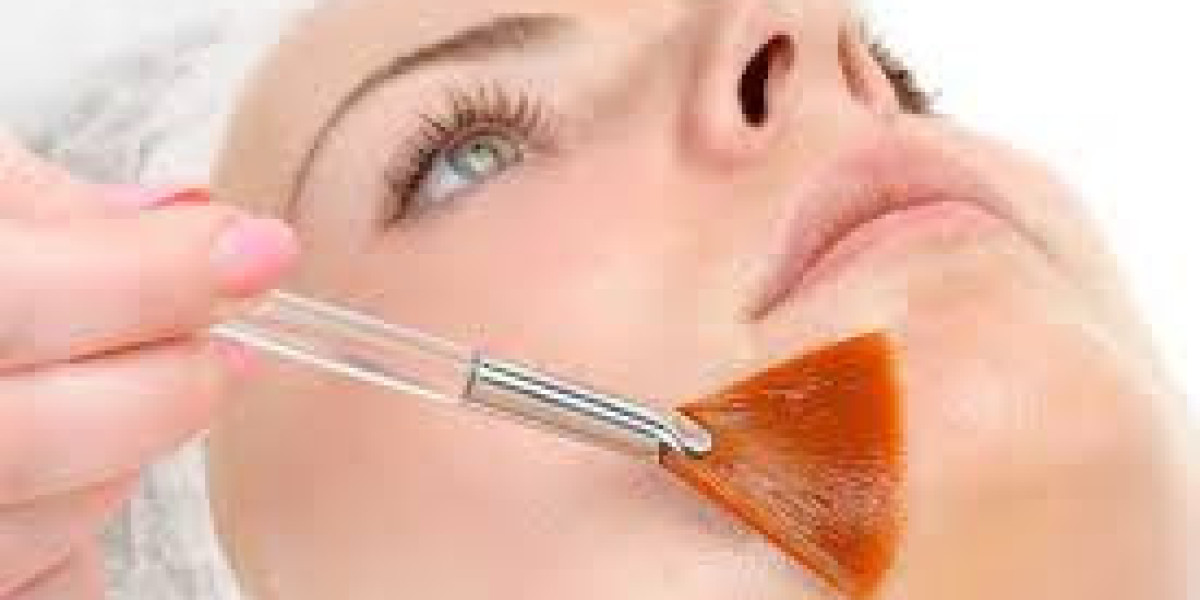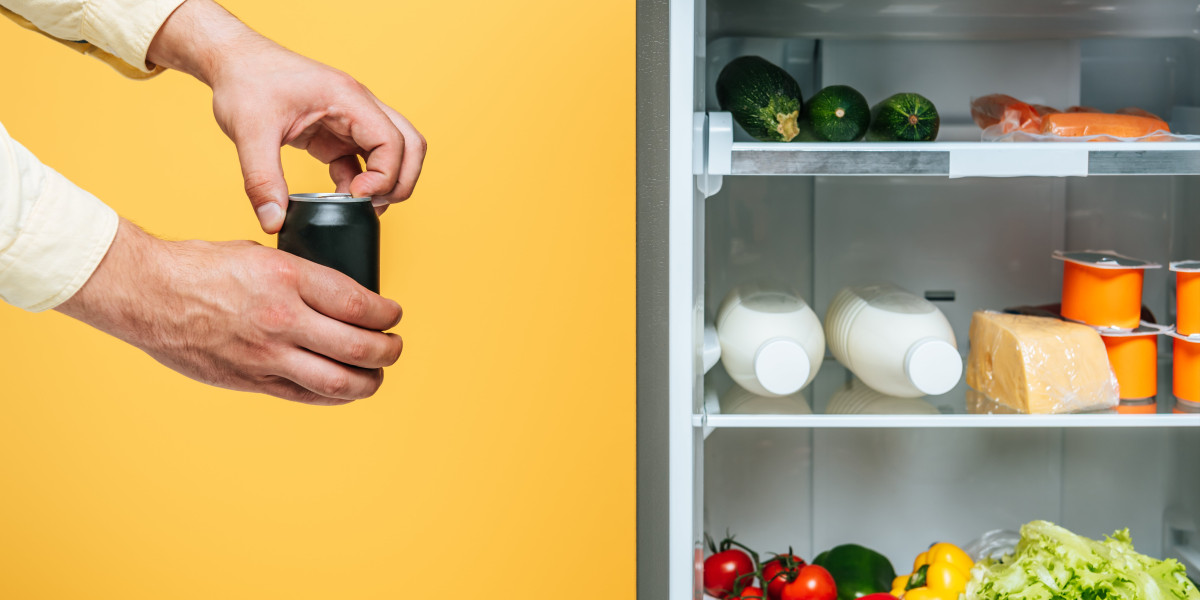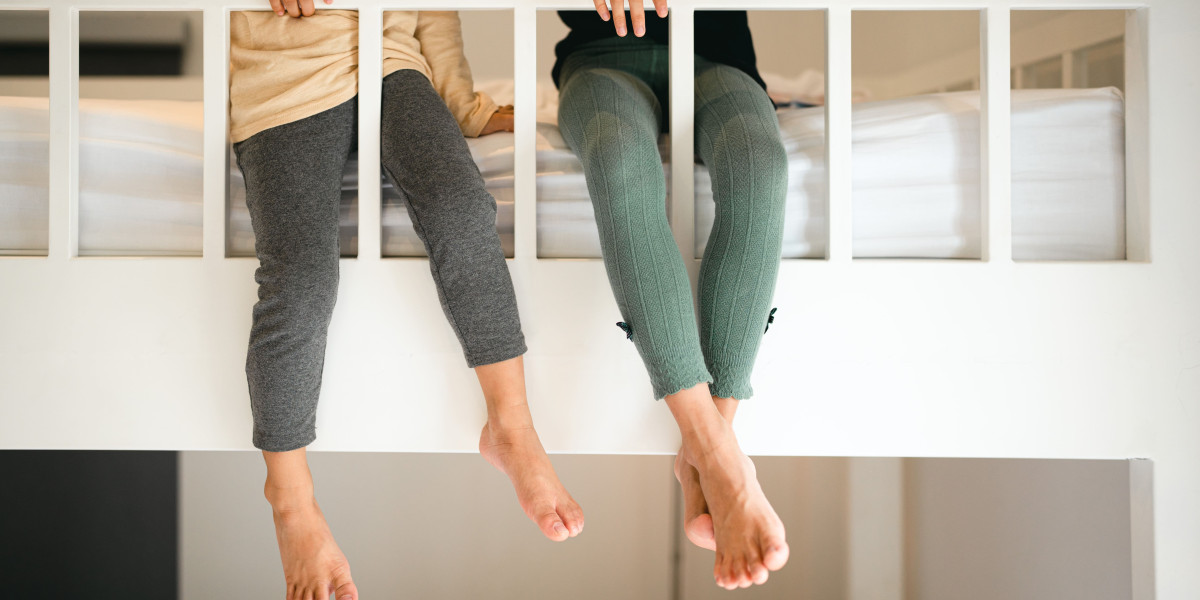What is Uneven Skin Texture?
Uneven skin texture is a common yet often misunderstood skin concern that affects people of all skin types and ages. Characterised by rough patches, enlarged pores, dullness, and bumpy skin, it can diminish the smooth, radiant look many people strive for. In the UK, where variable weather and urban pollution are common contributors to skin issues, uneven skin texture is particularly prevalent. Understanding its causes and solutions is the first step toward achieving a more even and refined complexion.
Understanding Uneven Skin Texture
Uneven skin texture refers to the lack of smoothness or consistency in the surface of the skin. It may present as dry patches, bumpy skin, enlarged pores, flakiness, or general dullness. These surface irregularities often occur when dead skin cells accumulate or when the skin’s collagen and elastin begin to break down with age.
Common signs of uneven texture include:
Rough patches that don’t respond to moisturiser.
Bumpy or congested areas, particularly around the cheeks and chin.
Dull, lacklustre skin tone.
Enlarged or visible pores.
In the UK, environmental stressors such as pollution, hard water, and inconsistent weather conditions may exacerbate these issues.
Causes of Uneven Skin Texture
A variety of internal and external factors contribute to uneven skin texture. Here’s a detailed look at the most common causes:
1. Dead Skin Cell Buildup One of the leading causes is the accumulation of dead skin cells. If these are not removed regularly through exfoliation, they can create a rough, dull surface.
2. Dehydration Lack of hydration can lead to dry, flaky skin. When skin is dehydrated, it appears rough and feels tight.
3. Sun Damage Inconsistent sun protection can lead to thickened skin and an uneven appearance. In the UK, even cloudy days can expose skin to UV rays.
4. Ageing As collagen production slows, skin can become less firm and more prone to rough patches and fine lines.
5. Acne and Blemishes Breakouts often lead to scarring or post-inflammatory hyperpigmentation, both of which contribute to an uneven skin texture.
6. Medical Conditions Conditions like eczema, keratosis pilaris, and rosacea can disrupt skin smoothness and create textural inconsistencies.
How to Diagnose Uneven Skin Texture
A self-assessment or professional skin analysis can help identify texture issues. Look for these signs:
Uneven light reflection on the skin’s surface.
Patches of skin that feel different in texture.
Makeup not sitting well on the skin.
For a proper diagnosis, visiting a skin clinic like Prime Aesthetics in the UK can provide access to expert analysis using advanced skin scanning tools.
At-Home Skincare for Uneven Texture
An effective skincare routine is essential for smoothing uneven skin. Focus on:
Cleansing Choose a gentle, non-stripping cleanser that helps remove dirt and oil without disturbing the skin barrier.
Exfoliation Incorporate chemical exfoliants like AHAs (glycolic acid, lactic acid) or BHAs (salicylic acid) 2–3 times a week to slough away dead skin cells.
Moisturising Look for moisturisers with ingredients like hyaluronic acid and ceramides to keep the skin hydrated and plump.
Sun Protection Daily use of SPF 30 or higher is crucial, even during winter months in the UK.
Targeted Treatments
Retinoids: Help stimulate cell turnover and collagen production.
Niacinamide: Balances oil production and minimises pores.
Vitamin C: Brightens skin and evens tone.
Professional Treatments for Smoother Skin
When skincare isn’t enough, professional treatments can dramatically improve skin texture.
Chemical Peels Mild to medium-depth peels remove the top layer of skin, revealing smoother skin underneath. Popular in UK clinics, they’re suitable for a range of skin types.
Microneedling This treatment uses fine needles to create controlled injuries, prompting collagen production. It’s highly effective for acne scarring and fine lines.
Microdermabrasion A non-invasive procedure that exfoliates the skin using tiny crystals. Ideal for surface-level roughness.
Laser Skin Resurfacing Lasers like CO2 and fractional lasers remove damaged skin layers and boost collagen. Suitable for deep texture issues but often requires downtime.
Skin Boosters Injectable treatments such as Profhilo can deeply hydrate and rejuvenate the skin, improving smoothness and elasticity.
Hydrafacial A multi-step facial that combines cleansing, exfoliation, extraction, hydration, and antioxidant protection. Popular across UK clinics for instant glow and refinement.
Ingredients to Look For in Texture-Refining Products
The UK skincare market offers a wide variety of options, but not all are created equal. Prioritise products with the following ingredients:
Glycolic Acid: Ideal for gentle exfoliation and smoother skin.
Salicylic Acid: Perfect for acne-prone areas and clogged pores.
Retinol: A go-to for anti-ageing and texture improvement.
Ceramides: Restore skin barrier and lock in moisture.
Peptides: Promote skin repair and firmness.
These ingredients can be found in both over-the-counter and prescription-grade products in the UK.
Lifestyle Factors That Affect Skin Texture
Besides skincare, lifestyle choices play a vital role:
Diet: Eat antioxidant-rich foods like berries, nuts, and green leafy vegetables.
Hydration: Drink at least 1.5–2 litres of water daily.
Sleep: Poor sleep disrupts skin regeneration.
Exercise: Regular movement promotes circulation and toxin elimination.
Stress Management: Chronic stress leads to hormone imbalances that impact skin.
How to Prevent Uneven Skin Texture
Prevention is easier than treatment. Here’s how to maintain skin smoothness:
Maintain a consistent skincare routine.
Never skip SPF.
Keep your skin hydrated year-round.
Avoid picking or squeezing blemishes.
Have seasonal facials to keep the skin balanced and fresh.
When to See a Skincare Professional
While home treatments work for many, some skin textures require expert attention. You should consult a skin specialist if:
Over-the-counter products don’t improve your skin.
You suspect a medical skin condition.
Texture issues worsen over time.
Scarring or pigmentation develops.
In the UK, certified clinics like Prime Aesthetics offer consultations, tailored treatment plans, and advanced technologies for real results.
Realistic Expectations and Skin Positivity
While it's possible to greatly improve uneven skin texture, perfect skin is a myth. Many factors like age, genetics, and environment affect skin condition. Embracing your skin's journey, staying consistent with care, and understanding that improvement takes time will help keep your mental and emotional well-being strong during the process. Be patient with your progress and kind to yourself.
Conclusion: Smoother, More Radiant Skin is Achievable
Uneven skin texture can feel stubborn, but it’s a manageable concern with the right mix of professional treatments, targeted skincare, and healthy lifestyle habits. Understanding the root causes and seeking guidance from qualified experts is key. With consistent effort, smoother, more radiant skin is within reach.
Ready for a Skin Texture Transformation?
If you're in the UK and ready to take control of your skin’s texture, Prime Aesthetics is here to help. Our expert-led treatments, including chemical peels, microneedling, and skin boosters, are customised for your unique needs.
Book your consultation today at Prime Aesthetics in Sevenoaks and discover smoother, healthier, more confident skin.








